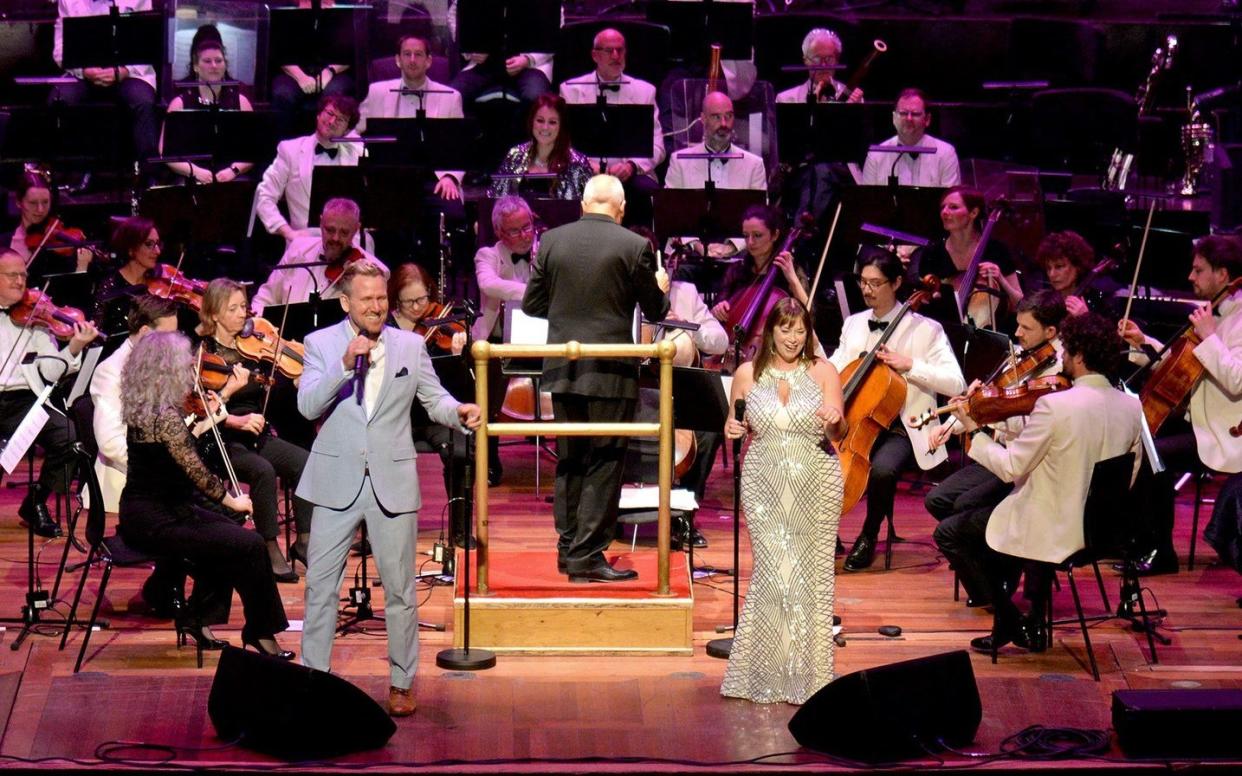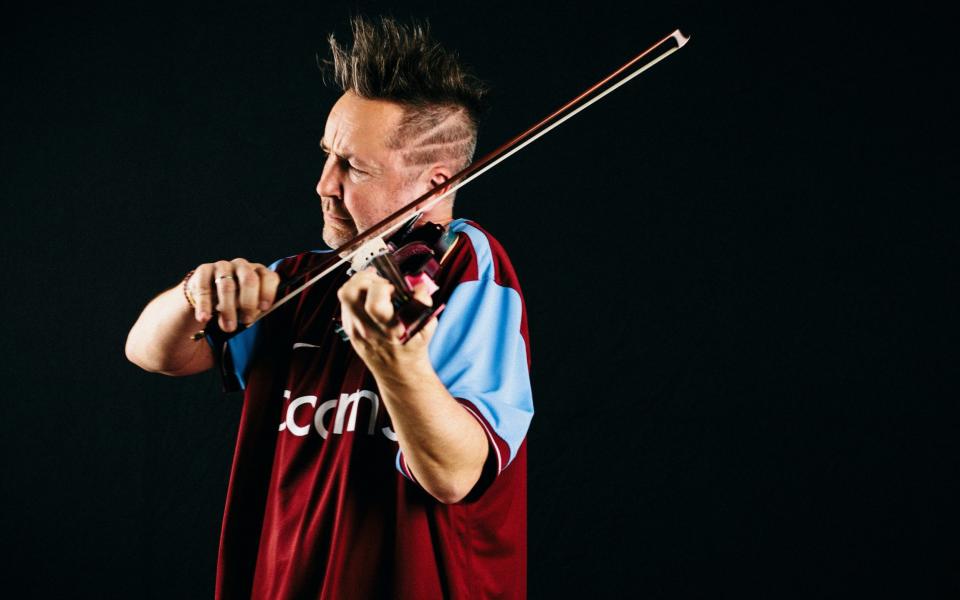Nigel Kennedy: Orchestral pop songs are a crime against music

Classical orchestras who resort to performing pop hits are committing a “crime against music”, according to Nigel Kennedy.
The violinist has himself dabbled with crossovers into popular music by covering both Jimi Hendrix and The Doors but has grown suspicious by what he says are more recent attempts by instrumentalists to “be groovy”.
He claimed classical ensembles turning their talents to more mainstream records marked a “desperate” effort to attract a broader audience, which he said resulted in a “crime against music”.
The remarks come after numerous Proms concerts included interpretations of pop songs, and amid recent tours focussing on orchestral covers of chart hits.
Kennedy, 67, said of pop crossovers: “I see it as desperation. It’s trying to be groovy and it makes it even less so.
“These orchestras playing Chemical Brothers, to have an orchestra turning it into namby music with no sense of rhythm, I mean, come on.
“It’s just a crime against music. These cats should be sent to Siberia and do it there.”

In 2015, the BBC Proms broke new ground by scheduling an Ibiza Prom, hosted by DJ Pete Tong, which boasted orchestral versions of club tracks by acts including Daft Punk, Faithless and Fatboy Slim.
The idea has proven popular, and the Royal Albert Hall now regularly hosts “Ministry of Sound Classical” events in which an orchestra adapts club tracks.
In its 2023 event, the 50-piece London Concert Orchestra performed electro tunes by the Chemical Brothers.
Crossovers have extended beyond the club scene, and the Royal Philharmonic Concert Orchestra has toured “Symphonic Pops” concerts which feature classical renditions of songs by Beyoncé, Adele, and the Spice Girls.
In 2023, Ken Bruce, the former BBC Radio 2 presenter, hosted a series of classical concerts performed by the Royal Scottish National Orchestra which offered orchestra versions of chart toppers, including tracks by Coldplay, Robbie Williams, Take That, Ed Sheeran, and Tom Jones.

Alistair Mackie, the Scottish ensemble’s chief executive, said that the orchestra was attempting to “blur some of the lines between our classical core and our film and pop offerings”, as part of a drive to “build our audiences across the divides”.
He explained in April: “The big battle at the moment within the whole orchestral industry is to cross-fertilise these audience sectors.”
However, this cross-fertilisation of classical and pop music has been met with suspicion by Kennedy, despite his own past experimentation and reputation as an anti-establishment figure in classical music.
The musician has said what was experimental in his day is now the reigning orthodoxy, claiming that his pop crossovers were a “rebellion against the status quo” as opposed to “the young cats now being acquiescent” with a new status quo.
Speaking on the BBC’s This Cultural Life, he added that the push for broader audiences had created a divide between populist and elitist wings in the classical music world, saying: “I think it’s been splintered now into the ones who are even more reactionary, they’re in their little ivory tower even more so. They’ve gone up another floor and they’re much more separate from the rest of us.
“And then there’s these other desperate attempts to popularise classical music, as we all call it. Like having Gustav Holst’s Planets played with pictures of Jupiter on it or something.
“I mean how inane is that? What’s great about Gustav Holst is you don’t need pictures to envision it and we can use our own brains and have our own feelings in our private world and relate to the music each one in our own way.”

 Yahoo News
Yahoo News 
